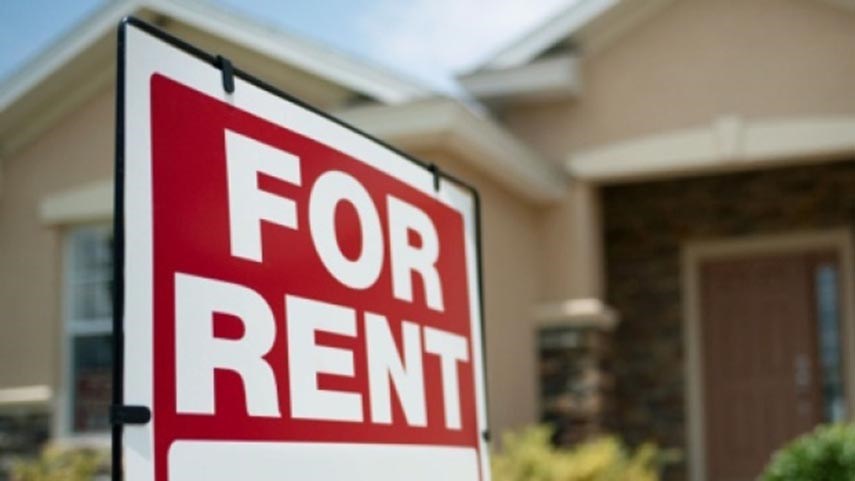The head of LandlordBC expects some homeowners will start renting out their properties to avoid the province’s new speculation tax, but says it’s too soon to estimate the extent of its impact.
When Vancouver’s empty-house tax of one per cent of a property’s assessed value came into effect last year, it prompted some homeowners to become landlords, said David Hutniak, LandlordBC’s chief executive.
Licensed property managers told him that tax “positively impacted their business.”
Now that B.C. is planning to pass legislation this fall imposing a speculation tax on empty properties, Hutniak said: “Based on what we are hearing with Vancouver’s experience, I think it is going to have some impact in terms of actually getting some units into the rental pool.
“But I don’t know. Time will tell.”
The province has said the speculation tax is meant to cool off housing markets where prices have been climbing out of reach for many people and where renters have a tough time finding a place to live.
Greater Victoria and Vancouver’s vacancy rates are estimated at 0.7 per cent.
The speculation tax is focused on empty homes. Owners can avoid it if they rent their properties for at least six months per year. The annual tax will be 0.5 per cent for British Columbians, one per cent for other Canadians, and two per cent for foreign investors. Vacation properties of up to $400,000 are exempt.
The tax targets speculators — those who are “treating our housing market like a stock market,” said Finance Minister Carole James.
But critics say the tax is casting its net too wide, catching homeowners who are not professional speculators, but long-standing and valued members of a community. Sidney, Kelowna and the Regional District of Nanaimo have asked to be excluded from the tax.
Communities covered by the tax include the capital region, but not the Gulf Islands or the Juan de Fuca electoral area, Nanaimo-Lantzville, Metro Vancouver and Kelowna.
Claire Flewelling-Wyatt, managing broker at Pemberton Holmes who oversees property management, said their clients will not be affected by the new tax because the company specializes in long-term rentals.
A homeowner facing the tax can avoid it by renting their property for at least six months. Flewelling-Wyatt said those who rent their property are “landlords for a reason.”
They may have bought a home to be used as a revenue property, or to keep a place in this market if they have to work elsewhere for an extended period of time, such as military families, she said.
Or the home could be a family property that someone wants to hang on to and maybe rebuild in the future.
Being a landlord doesn’t appeal to everyone, she said.
She speculated that people may try to come up with creative ways to avoid the tax. “How are they going to monitor this? How are they going to know if somebody is living there or not or what the situation is?”
A B.C. Finance Ministry official said that a home will need to be rented for six months of the year, in periods of at least 30 days, to be eligible for an exemption. As for enforcement, the official said, “We have an experienced team of property tax audit and compliance staff to make sure people are following the spirit of the law and paying their taxes.”



